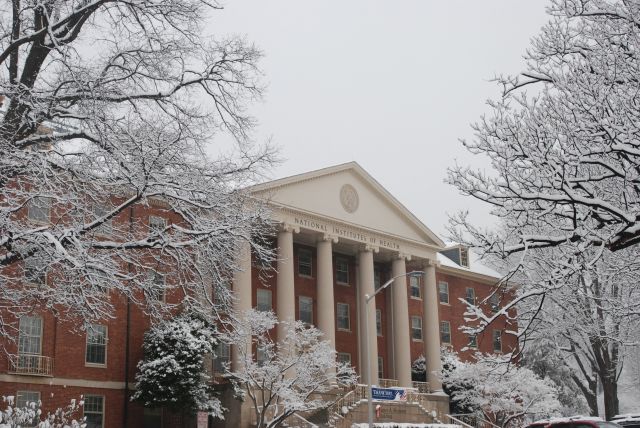NIH gets a flat 2017 budget—if Congress can find another $1.8 billion
Ars Technica » Scientific Method 2016-02-09
President Obama released his fiscal year 2017 budget proposal today, and it's not good news for the National Institutes of Health, the country's leading funder of biomedical research. The request for the NIH will see funding levels flat for next year—but only if Congress manages to find an extra $1.8 billion for medical research. Assuming that happens, $825 million will go to the president's three big biomedical initiatives, with the bulk—$680 million—going to the cancer "moonshot."
The other $1 billion will get split between the 27 institutes and centers that make up the NIH, but that doesn't mean more money for their work. Rather, that money is necessary to fill the gaps left by an equal level of discretionary spending cuts.
This is not great news for the (shrinking) cohort of biomedical researchers out there who depend on NIH funding. The bucket of money for research project grants (grants submitted by academics to the NIH for funding) is up a little in fiscal year 2017—$18.2 billion vs $17.8 billion in fiscal year 2016. But there will be fewer awards made (9,946 vs 10,753), and they're going to be smaller on average (larger projects will soak up more of the money). None of these numbers takes inflation into account, either. NIH Director Francis Collins is fond of pointing out that the NIH's spending power was 25 percent greater in 2003 than now because of inflation.
